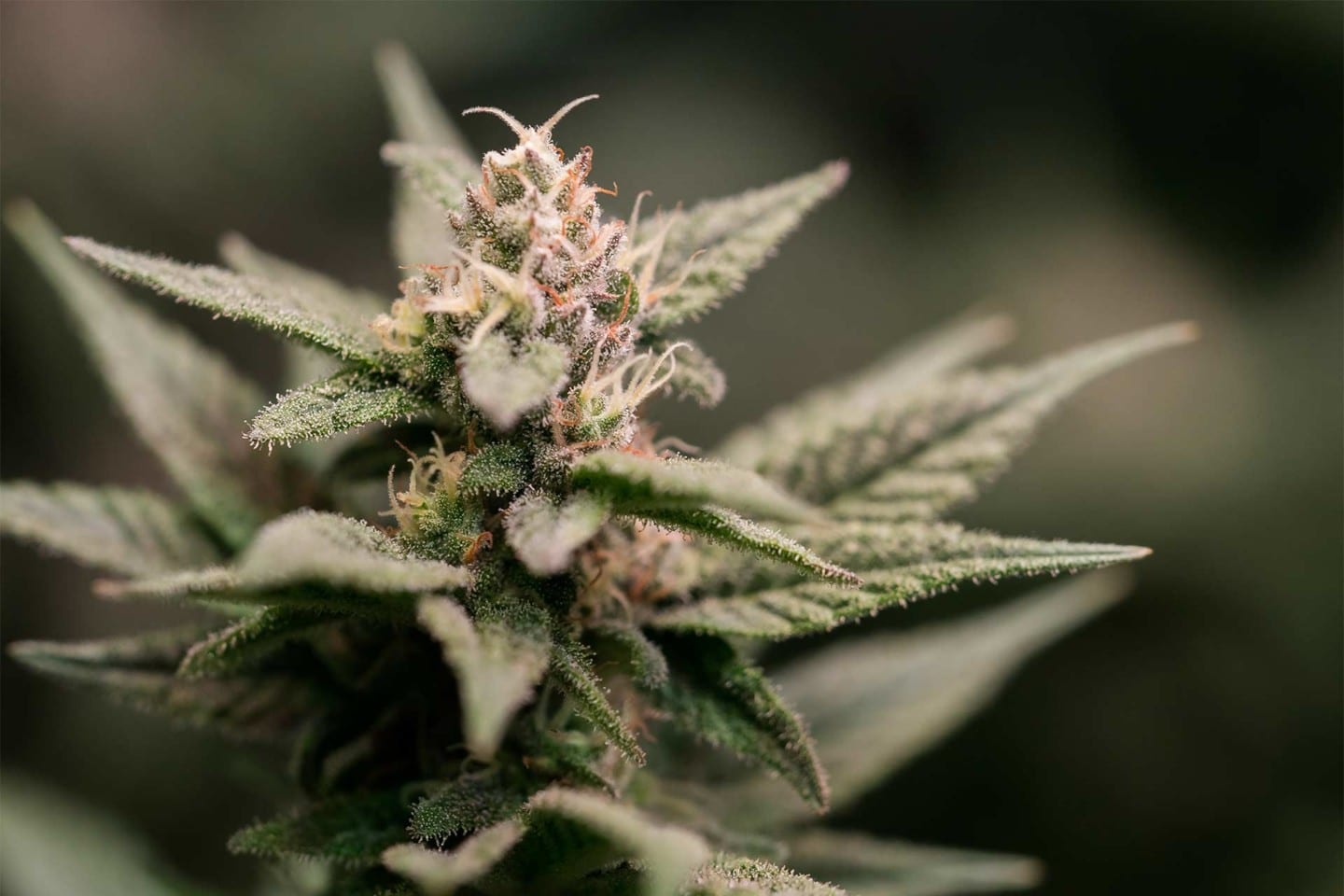
[vc_row][vc_column width=”1/1″][vc_column_text]
Legal recreational and medicinal cannabis has many benefits for Michigan’s consumers, here are just a few.
Not until prohibition was cannabis viewed as anything other than medicine (mostly). Ancient Chinese texts describe the medicinal use of marijuana to treat everything from gout, rheumatism, and malaria to simple absent-mindedness.
The medicinal plant spread globally, and generations of people used cannabis for its therapeutic properties – and fun.
But something happened.
Cannabis was cultivated in Michigan and throughout the United States for rope, textiles, and medications until the plant was criminalized in the twentieth century. And after decades of prohibition, it’s hard for Michigander’s to imagine that for the majority of our nation’s history, marijuana was accepted and used for medicinal purposes.
Thanks to legalization, we understand that the medicinal uses of cannabis are broader than anyone could have imagined – and we’ve only begun to scratch the surface.
Here are just a few of the benefits to Michigander’s who consume medical marijuana.
[/vc_column_text][/vc_column][/vc_row][vc_row][vc_column width=”1/1″][/vc_column][vc_column width=”1/1″][vc_column_text]
Pain Relief and Management
Cannabinoids, the naturally occurring chemical compounds responsible for much of cannabis’ effects, bind to brain receptors (the CB-1 and CB-2 receptors) and help reduce pain for medical cannabis patients.
Athletes recovering from injury, and cancer patients in chemotherapy, consume cannabis as an alternative to the dangerous and habit-forming opioids typically prescribed. Patients also consume marijuana to treat migraines and painful spastic movement disorders and ease the pain of childbirth.
Cannabis is used to treat pain under diverse circumstances, with patients describing success in the lessening of symptoms with frequent consumption.
“One hefty word that belongs in every medical marijuana patient’s vocabulary is cannabinoid. Cannabinoids (e.g., THC and CBD) are the chemical compounds secreted by cannabis flowers that provide relief to an array of symptoms, including pain, nausea, anxiety, and inflammation.” – Leafly
[/vc_column_text][/vc_column][/vc_row][vc_row row_height_percent=”0″ overlay_alpha=”50″ gutter_size=”3″ column_width_percent=”100″ shift_y=”0″ z_index=”0″ inverted_device_order=”yes” shape_dividers=””][vc_column width=”1/1″][vc_column_text]
A Healthy Appetite
Patients battling chronic pain and illness also often struggle with a lack of appetite. Fortunately, Medical marijuana is one of the most reliable appetite-boosting remedies. The munchies are a useful side-effect for Michigan’s medical cannabis patients.
Strains high in THC trick consumer’s brains into thinking they’re hungry. For patients suffering from a poor appetite, the pantry-clearing effects of these strains help them maintain nutrition throughout their illness. Cannabis also boosts our overall appreciation of food – not only do consumers feel hungrier, but their meals are more satisfying.
“Scientists and medical professionals are beginning to understand the munchie phenomenon as an opportunity to provide more options for people struggling with eating disorders and illness-induced anorexia.” – Wikileaf
[/vc_column_text][/vc_column][vc_column width=”1/1″][/vc_column][/vc_row][vc_row][vc_column width=”1/1″][/vc_column][vc_column width=”1/1″][vc_column_text]
Improved Mental Health and Wellness
Medical cannabis replaces stress and anxiety with euphoria making it ideal for consumers suffering from anxiety and depression. Studies suggest that with regular consumption, cannabis can gradually help to reduce the crushing symptoms of depression, and can even sharpen cognitive abilities.
And cannabis can help you wind down after a stressful workday. Unlike a glass (or bottle) of wine, marijuana won’t keep you from getting restful sleep, and you won’t wake up with a headache.
“People are widely using cannabis – both THC and CBD – for their mental health. In 2017, a study found that people perceive cannabis to be an effective way to treat many conditions and that some substituted cannabis for prescription medications like benzodiazepines (often given for anxiety) or antidepressants. In a 2018 study of over 2,400 CBD users, 62 percent said they use CBD for a medical condition – the top three being pain, anxiety, and depression.” – Vice
[/vc_column_text][/vc_column][/vc_row][vc_row row_height_percent=”0″ overlay_alpha=”50″ gutter_size=”3″ column_width_percent=”100″ shift_y=”0″ z_index=”0″ inverted_device_order=”yes” shape_dividers=””][vc_column width=”1/1″][vc_column_text]
For Better Sleep
Adequate rest is necessary for mental and physical well-being. When we’re well-rested, our nerves communicate better, our thinking is more precise, and our ability to turn thoughts into decisive action improves.
Medical cannabis calms the nerves and body and gives Michigan provisioning center customers a better night’s sleep. With regular consumption before sleep, consumers find themselves feeling rested, happier, and more productive.
“Sleep problems are the uninvited companion of the aging, and a growing number of Baby Boomers and older adults are trading over-the-counter sleep aids for cannabis. According to Brightfield Group analyst Bethany Gomez, 31% of older adults (age 45+) who use cannabis use it to address insomnia-related issues, making it the fourth most common medical condition this demographic treats with cannabis.” – Forbes
[/vc_column_text][/vc_column][vc_column width=”1/1″][/vc_column][/vc_row][vc_row][vc_column width=”1/1″][/vc_column][vc_column width=”1/1″][vc_column_text]
As an Effective PTSD Treatment
People commonly experience PTSD after traumatic experiences like military combat, assault, or natural disasters. The lingering effects of PTSD can make everyday life an enduring struggle.
THC and CBD can help people suffering from PTSD by prompting the CB1 and CB2 brain receptors to produce neurotransmitters that promote happiness, memory, and pleasure. Cannabis blocks the nightmares and traumatic memories common to PTSD and helps patients attain emotional well-being. For this reason, medical marijuana is an increasingly popular PTSD treatment for Michigan’s combat veterans.
“A recent study published in Molecular Psychiatry showed that treatment using particular compounds found in marijuana may benefit those with PTSD and that ‘plant-derived cannabinoids such as marijuana may possess some benefits in individuals with PTSD by helping relieve haunting nightmares and other symptoms of PTSD.” – Psychology Today
[/vc_column_text][/vc_column][/vc_row]


